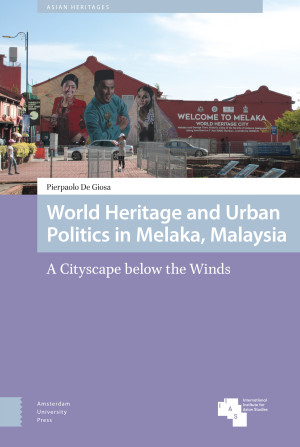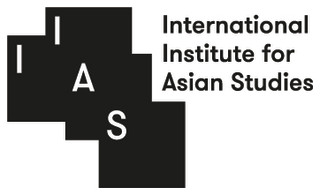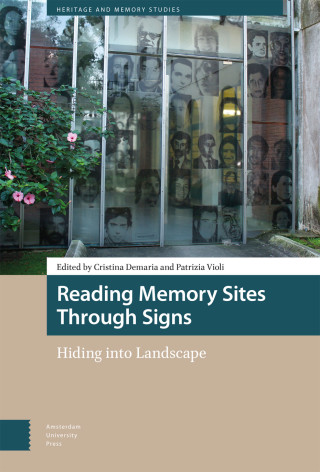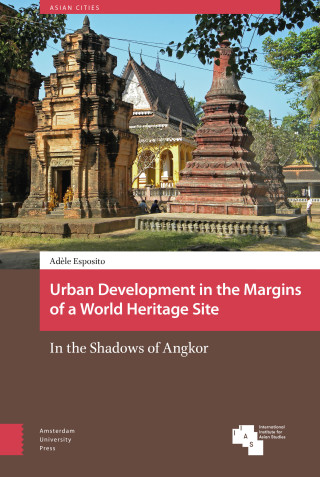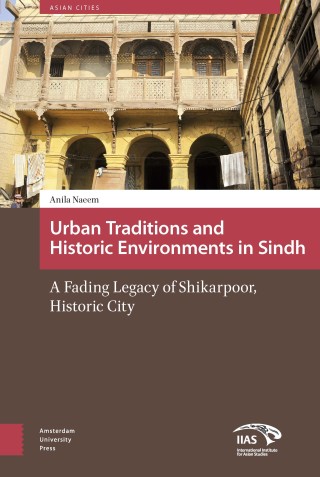"[...] this book is a welcome addition to the growing literature on UNESCO heritage making processes and politics, highlighting it as ‘both a blessing and a curse’ (p. 274). [...] the book already gives much food for thought on global heritage making in a Southeast Asian city, paving the way for others to then take up these follow-up questions."
- Hamzah Muzaini, Singapore Journal of Tropical Geography, Vol. 43, Iss. 2
"The author’s approach is to explore the issues from the ground up. He has combined considerable skill at sifting and analyzing documents with a remarkable talent, and sensitivity, for locating and interviewing a diverse array of people who are impacted by or actively engaged in the events. The result is a valuable contribution to the ethnography and the continuously unfolding history of Melaka."
- Jerry Dennerline, JMBRAS, Vol. 95, Pt. 2

